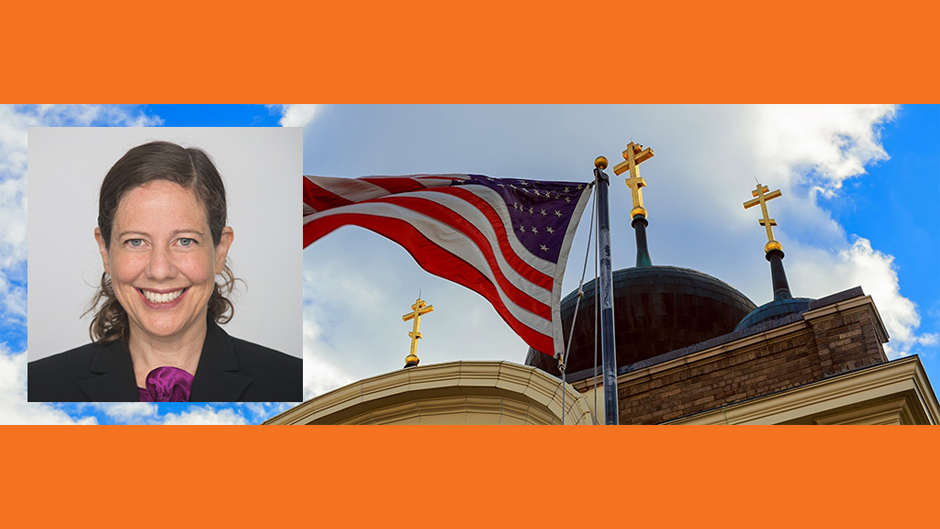What happened in the case?
The State of Missouri created a program, the Playground Scrap Tire Surface Material Grant program, which reimbursed the cost of resurfacing playgrounds with scrap tires. Forty-four nonprofits applied, and fourteen nonprofits won grants. One of those denied grants was Trinity Lutheran Church. Although the application from Trinity Lutheran Church ranked fifth out of the forty-four applicants, Missouri denied the church a grant because the Missouri Constitution bars the government from funding churches. In particular, the Missouri Constitution says, “no money shall ever be taken from the public treasury, directly or indirectly, in aid of any church, sect or denomination of religion.”
What is the legal question?
Trinity Lutheran Church argues that when the State of Missouri denied it money to resurface its playground with scrap tires, it violated the Free Exercise Clause and the Equal Protection Clause of the U.S. Constitution.
When does the government violate the Free Exercise Clause of the U.S. Constitution?
The government may violate the Free Exercise Clause of the First Amendment if it makes it significantly harder for people to practice their religion, or in legal terms, if it imposes a “substantial burden” on their free exercise. The question then becomes whether being denied government funding to improve its playground imposes a substantial burden on Trinity Lutheran Church’s ability to exercise its religion. Moreover, even if a law does impose a substantial religious burden, it might still be constitutional if it advances truly compelling government interests.
Is this the first time the Supreme Court has considered a Free Exercise Clause challenge to a grant program that explicitly excludes religious applicants?
No. In Locke v. Davey, decided in 2004, the Supreme Court considered the State of Washington’s Promise Scholarship Program, which awarded college scholarships to high-achieving students. Like Missouri’s constitution, Washington’s constitution barred government funding of religion. Consequently, the Promise Scholarship Program did not award scholarships to students who were training for the clergy and pursuing devotional degrees. A student who would have been eligible for a Promise Scholarship but for his pursuit of a devotional degree argued that denying him a scholarship violated the Free Exercise Clause and the Equal Protection Clause. The Supreme Court ruled against him on both claims, holding that “The State’s interest in not funding the pursuit of devotional degrees is substantial and the exclusion of such funding places a relatively minor burden on Promise Scholars.”
Carolina Mala Corbin is Professor of Law at the University of Miami School of Law. She teaches U.S. Constitutional Law I, U.S. Constitutional Law II, First Amendment, the Religion Clauses, the Free Speech Clause, and Feminism and the First Amendment. Her scholarship focuses on the First Amendment’s speech and religion clauses, particularly their intersection with equality issues.
CONTACT: Catharine Skipp, director of Media Relations, at 305-773-5801 or cskipp@law.miami.edu

